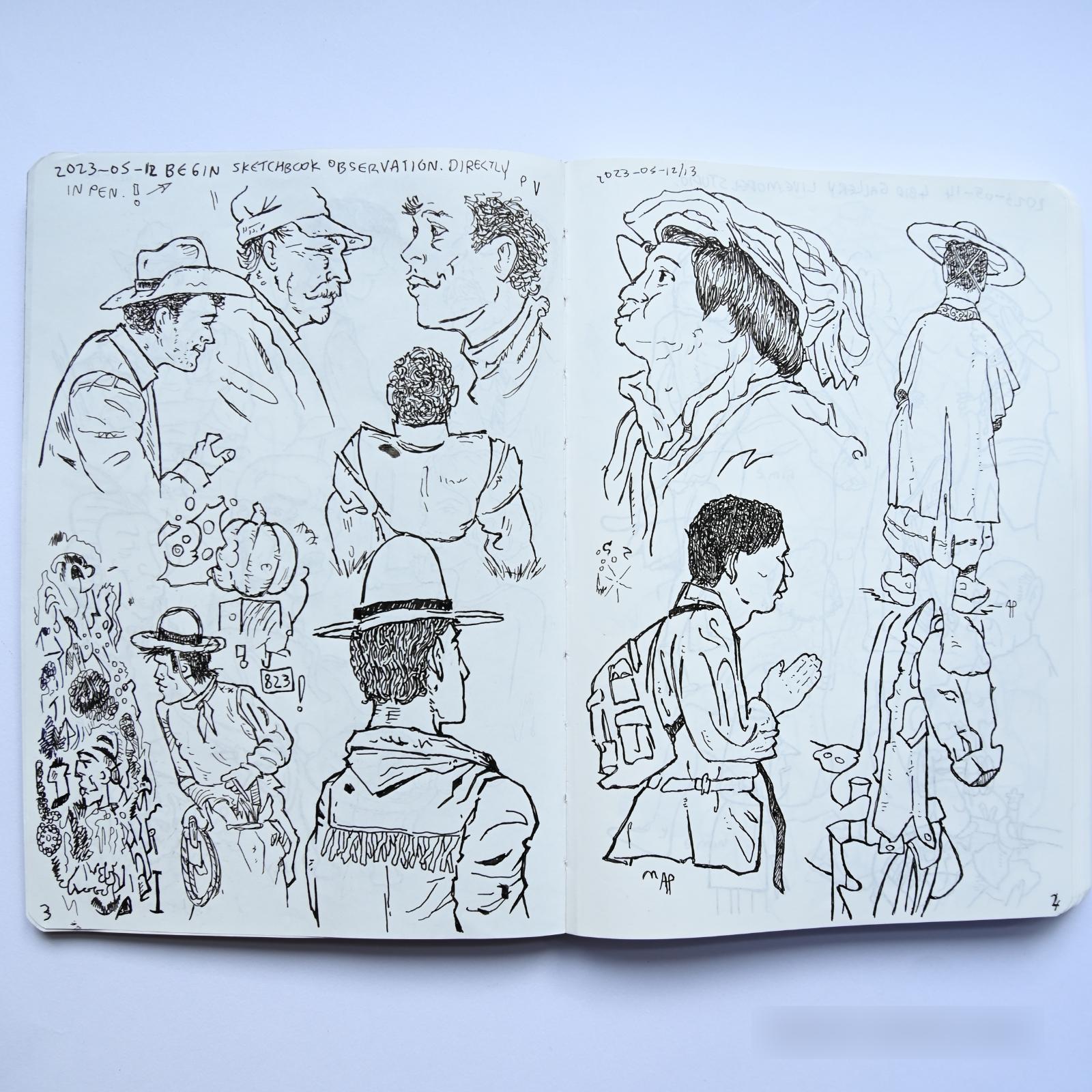#106 - Book Review - The Talent Code And What Artists Can Learn From Top Performers In Other Fields
What artists can learn from people who became good at sports and playing music.Warm-Up Drawing Exercises

Quickly become better at drawing—without burning out—by using my workbook.
Reading the book was a life-changing experience for me.
What Daniel Coyle did was he visited places that produced world-level talent in copious amounts. He wanted to see if these places had things in common, and he summarized his findings in this book. The book is from the point of view of coaching others.
He also published the book The Little Book Of Talent , which is about how to apply the lessons he learned to train yourself. I suggest you read “The Talent Code” and then this book.
The books are just chock-full of insights on how top athletes or musicians train, and there seem to be many ideas that apply to training to be a better artist also.
He explains how our brains wire while we learn. It’s an essential part of the books, as many things follow from it.
What happens is there are neurons in our brain, and there are connections between the neurons. Electricity can flow between them, but if the link is weak, the current will be slow as much of it leaks away.
But with each firing, a new coating of fatty myelin is put around the wire. This myelin acts as isolation; the next time the neuron fires, the electricity will flow through the wire more quickly.
And this is how we get better at doing things by repeating them.
Almost everything in these books follows from this. It is better to practice for a short period every day than to train in one longer session during the weekend, for example, because repetition trains the brain cells.
There are surprising insights. For example, it is helpful to start by practicing making a move very slowly. You still train the same brain cells, but you get to see mistakes more clearly and correct them if you slow down.
I found the insight that you can improve the skill by miming it interesting. You even get better at something by imagining doing it in your mind without really doing it.
He also emphasizes that it is useful to just stare at top performers in your field and imagining being them. I found this very useful. I learn a lot from staring at my favorite artists drawing in real-time.
An amazing bit was about the soccer teams that also train by playing soccer in tiny rooms, having to hold the ball longer than the opposing player in a toilet-sized space.
Then when they go out on the field to play soccer, it feels like they have enormous space around them. You can see it in their footwork if you watch pro soccer players who trained like this in action.
We are taught to draw big. To draw from the shoulder. Large, sweeping confident lines. But, like the soccer players training in tiny spaces, would drawing small also benefit us? It would probably enhance our accuracy.
Also, a fascinating insight was that the places that produce quantities of world-class talent tend to be run-down places. Being too comfortable works against you.
There’s much, much more in these books. For example, it explains how to pick a mentor or teacher and also how to be a good mentor or teacher. Et cetera.
The books are very much about an athlete’s mindset while practicing.
If you have the budget for it and you want to improve your art creation skills, these books explain what you can learn from how top-performers practice. They apply to practice to be an artist and are worth checking out!